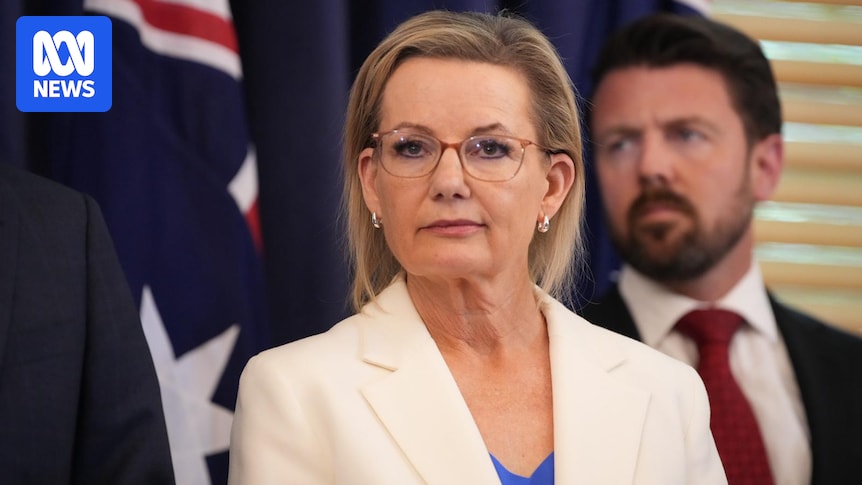
The Liberal Party’s recent decision to abandon its commitment to the net zero emissions target has sent ripples through the Australian political landscape. This move, driven by conservative factions within the party, has been characterized as a triumph of ideology over pragmatism, reminiscent of the ideological battles within the Labor Party during the 1960s.
This development follows a significant internal push by Liberal conservatives, who have successfully influenced the party’s stance on climate policy. The decision to drop the net zero target, which was seen as a critical component of the party’s climate strategy, has raised questions about the party’s future direction and its ability to connect with key voter demographics.
The Historical Parallel: Lessons from Whitlam’s Era
Reflecting on history, parallels have been drawn with Gough Whitlam’s rise to power within the Labor Party. In 1967, Whitlam addressed the Victorian Labor Party, challenging the hardliners who prioritized ideology over electability. His famous remark, “Certainly, the impotent are pure,” highlighted the dangers of ideological purity at the cost of political success.
Whitlam’s leadership marked a turning point for Labor, steering it towards broader appeal and eventual electoral success. In contrast, the current Liberal Party’s decision to abandon net zero appears to be a step back from engaging with the broader electorate, particularly young voters, women, and urban dwellers who prioritize climate action.
The Political Risks and Internal Divisions
The announcement comes as a high-risk political maneuver, with Liberal federal director Andrew Hirst acknowledging that net zero has become a “proxy” for climate action among voters. Despite this, the conservative faction within the party has pushed forward, disregarding the potential electoral consequences.
According to sources, the party’s leadership attempted to present a unified front, suggesting that achieving net zero would be “a welcome outcome” but not a formal commitment. This has left the party with a fragmented climate policy, which could exacerbate its already challenging electoral prospects.
“The Liberals are in a dreadful state and a climate and energy policy that’s all over the shop can only worsen things.” – Political Analyst
Implications for Future Elections
With the Coalition currently polling at 24 percent in primary votes, the path to regaining power appears steep. The party’s ability to appeal to young voters and women, demographics where Labor holds a strong lead, is crucial for any future electoral success. The decision to abandon net zero may further alienate these groups, particularly in urban and “teal” electorates where climate action is a priority.
Gisele Kapterian, a former Liberal candidate, warned in an email to party members that abandoning the net zero target could be an “electoral liability.” She emphasized the importance of a credible, technology-focused climate policy to win over discerning voters in metropolitan areas.
Leadership Challenges and Future Outlook
The move represents a significant test for the current Liberal leadership. Sussan Ley, the party’s deputy leader, has struggled to articulate a coherent stance on the new policy, highlighting internal divisions. Meanwhile, energy spokesman Dan Tehan faces challenges in convincing the public of the policy’s merits.
The divisions within the party are likely to persist, with moderates and conservatives continuing to clash over the party’s direction. The loud voices from the Nationals, who have gained influence within the Coalition, add another layer of complexity to the party’s internal dynamics.
“The conservatives are in charge of the Liberal Party. And when it suits them, they will install a conservative leader.” – Political Commentator
As the party navigates these turbulent waters, the question remains whether it can adapt to an electorate that is increasingly progressive on issues like climate change. The potential for leadership changes looms, with some suggesting that the party may eventually shift towards a more conservative leader.
In conclusion, the Liberal Party’s decision to abandon the net zero target reflects deeper ideological battles within the party. As it grapples with these internal divisions, the challenge will be to reconcile its policies with the evolving priorities of the Australian electorate. The coming elections will be a critical test of whether the party can bridge this gap and regain its footing on the national stage.







